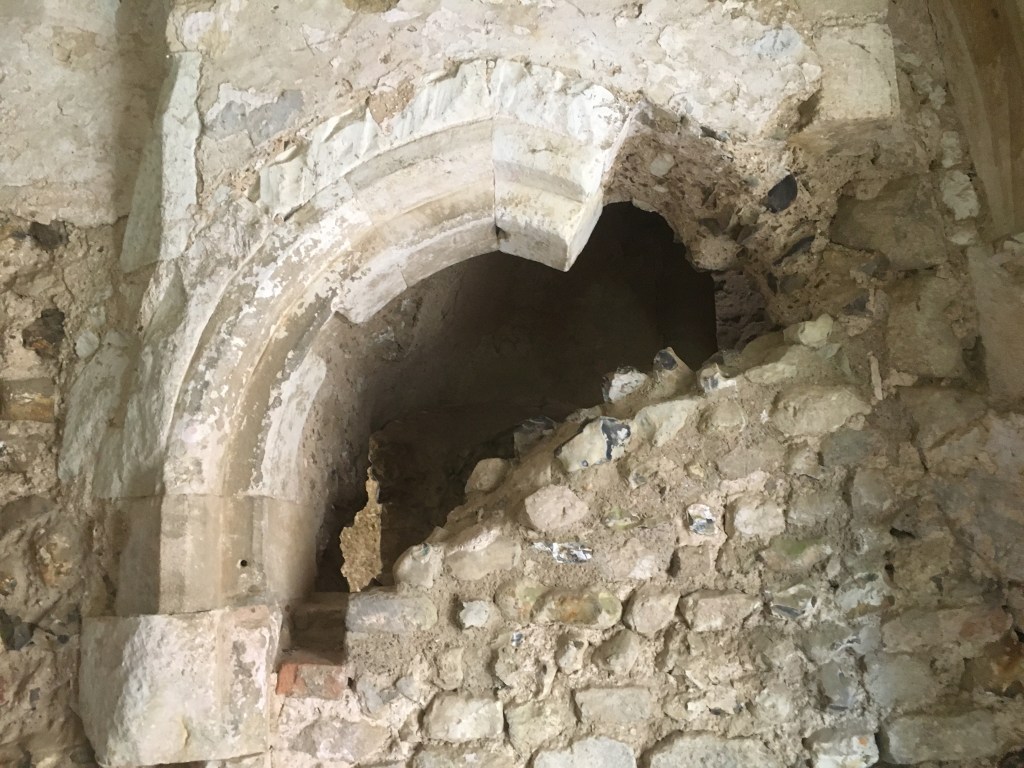
Articulating Aims for School History
What school history ‘is for’ is much debated. For some, it is straightforwardly about ‘national story’ and about shaping students emotionally, boosting ‘patriotism’ and helping to create a sense of ‘identification with’ some wider entity that transcends individual experience and its limits, such as ‘the nation,’ ‘Europe,’ and so on. Others posit and foreground a role for history in building democratic competencies – such as the ability to engage in and help sustain and develop democractic institutions and practices. The possibilities are not limited to identification and democratic competence, however – one can imagine school history as serving a myriad of purposes, including, to list a couple more, a cognitive role in helping individuals and the communities that they are part of navigate the world by building clear-eyed understanding of how it works, and an aesthetic function of building a sense of wonder and interest in – and a sense of curiosity about – the achievements (negative and positive) and the limits and possibilities of humanity as we navigate between individual finitude and collective transcendance. There is clearly a great deal to say, then, and I aim to articulate a position on some of these issues more fully in a blog post soon.
In the meantime, the rest of this page points to work that I have produced in the past that has tried to articulate aims for school history, mostly taking a disciplinary focus, but also aiming to push beyond that in a number of ways, over the years.
At the links below you can find:
- a statement about the nature of high achievement in history published on behalf of the History Working Group (2005-7) of the now defunct English National Academy for Gifted and Talented Youth publilshed in 2006;
- An introduction to Pearson’s A Level Textbooks, in 2015, that tried to articulate history’s aims for an audience of 16-19 year old students.
- In a vodcast in 2020, articulating a vision of school history as promoting the public understanding of the past as part of a series of Pastfwd2020 video provocations;
- a HEIRNET keynote on Powerful Knowledge in History Education recorded on 3rd of March 2021.
- in a recorded seminar presentation at the Univerity of Oulu’s Centre for Philosophical Studies of History in March 2021 exploring a range of issues (such as the Anthropocene) not raised in my earlier articulations of the question of aims;
- a post with Stéphane Lévesque in The Conversation for May 9, 2022 looking at how history education can contribute to narrative competence and help young people make sense of competing narratives about contemporary events (in this case, Putin’s invasion of Ukraine).
- a talk, delivered to a UCL TedX Society meeting on ‘visions’ in March and published online in May 2023.
Researching Aims and School History
The position statements on what school history can be linked above are articulations of beliefs, informed by theory and research in many cases, but not themselves articulations of research.
The items hyperlinked below are more formal and develop their arguments at greater length:
- a paper published with Katharine Burn and Alison Kitson in 2018 that explores what history graduates training to be history teachers understand the aims of school history to be;
- a book chapter, also published in 2018, exploring orientation towards the past and the importance of exploring a range of relations to the past through school history; and
- a response to the Centro Internazionale di Didattica della Storia e del Patrimonio (DiPaSt)’s Manifesto per la Didattica della Storia published, also, in 2020, foregrounding the importance of intepretation in thinking about what school history can do.
Page last edited: 13.05.2023
